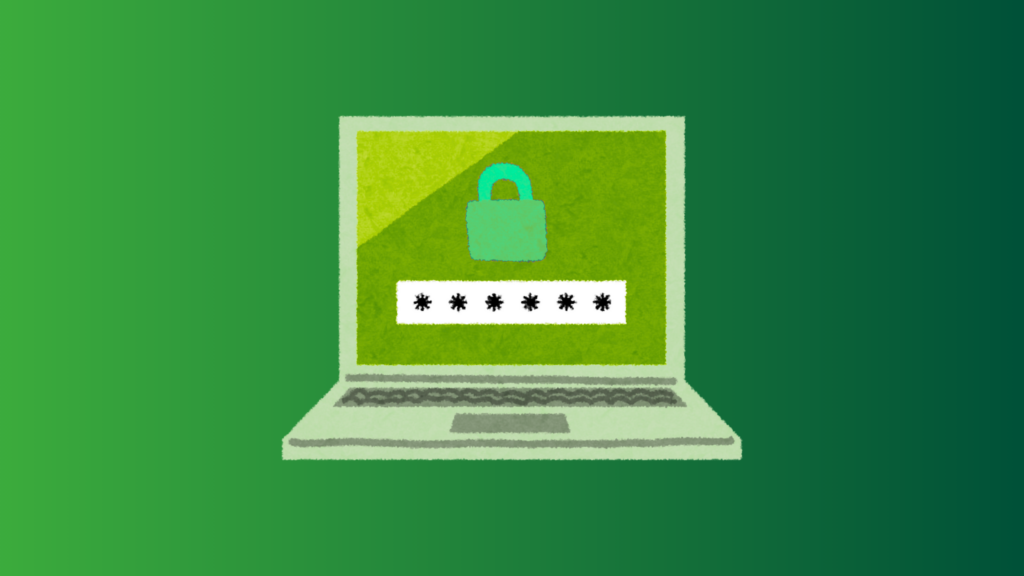In 2026, cybersecurity is no longer just an IT concern, it’s everyone’s responsibility. As cyber threats become more frequent, sophisticated, and human-focused, organizations must prioritize training that empowers both employees and customers to stay alert and defend against evolving risks.
A single mistake, like clicking a phishing link or sharing sensitive data, can lead to financial loss, regulatory penalties, or even reputational damage. The most effective way to prevent these incidents is through continuous cybersecurity education that builds awareness, confidence, and a culture of security across every level of an organization.
Why Cybersecurity Training Matters More Than Ever
The global threat landscape has changed drastically. Attackers now use AI-driven methods, social engineering, and personalized phishing tactics that exploit human behavior rather than system vulnerabilities. With hybrid work and personal devices (BYOD) now standard, the number of potential entry points has multiplied.
Human error remains the leading cause of most breaches, and every untrained employee or unaware customer becomes a potential gateway for attackers. Cybersecurity training helps close that gap turning people from vulnerabilities into active defenders.
Compliance and Trust Go Hand in Hand
Regulations like GDPR, PCI DSS, and other data protection laws demand more than just secure systems, they require proof of responsible data handling and ongoing staff education. Regular cybersecurity training ensures everyone understands compliance responsibilities, protecting both the organization and its customers.
Beyond legal obligations, effective training strengthens trust. Customers and partners are more likely to do business with companies that demonstrate strong data security practices and transparency.
Creating a Culture of Security Awareness
Security awareness is not a one-time course, it’s an ongoing mindset. The best programs use microlearning, real-world simulations, and interactive modules to make learning engaging and relevant.
When employees feel empowered rather than blamed, they are more likely to report suspicious activity early. Over time, this builds a proactive, security-first culture where everyone feels responsible for protecting the organization.
Key Benefits of Cybersecurity Training
- Reduces costly incidents by minimizing human error before it leads to breaches.
- Strengthens customer trust through transparent and responsible data handling.
- Supports compliance with industry and global data protection regulations.
- Improves organizational resilience by preparing teams for emerging threats.
- Promotes collaboration between IT, compliance, and business units for better defense strategies.
How Acadle Empowers Cybersecurity Training
With Acadle, organizations can easily create and deliver customized cybersecurity training that fits their teams and customers. You can design interactive lessons, simulate phishing scenarios, and assess awareness with built-in quizzes and certifications.
Acadle’s analytics give you real-time insight into participation, progress, and performance, helping you identify knowledge gaps and strengthen compliance readiness. Features like gamification, role-based learning paths, and automated reminders make training more consistent and engaging, helping you turn awareness into action.
Conclusion: Building a Secure Future with Acadle
Cybersecurity is only as strong as the people behind it. By prioritizing education, organizations protect not just their data, but their reputation, trust, and long-term success.
With Acadle, you can build a scalable cybersecurity academy that empowers every employee and customer to stay one step ahead of threats.



